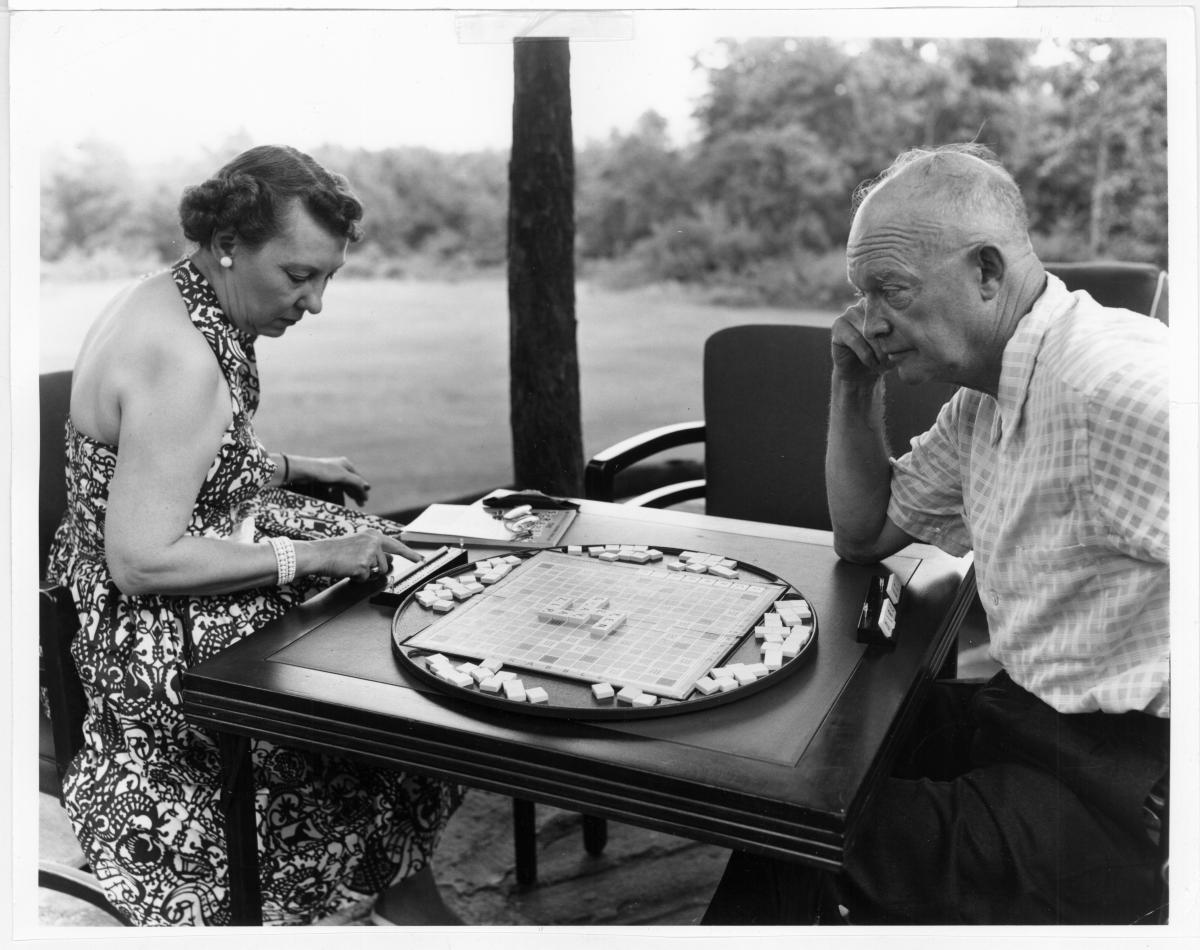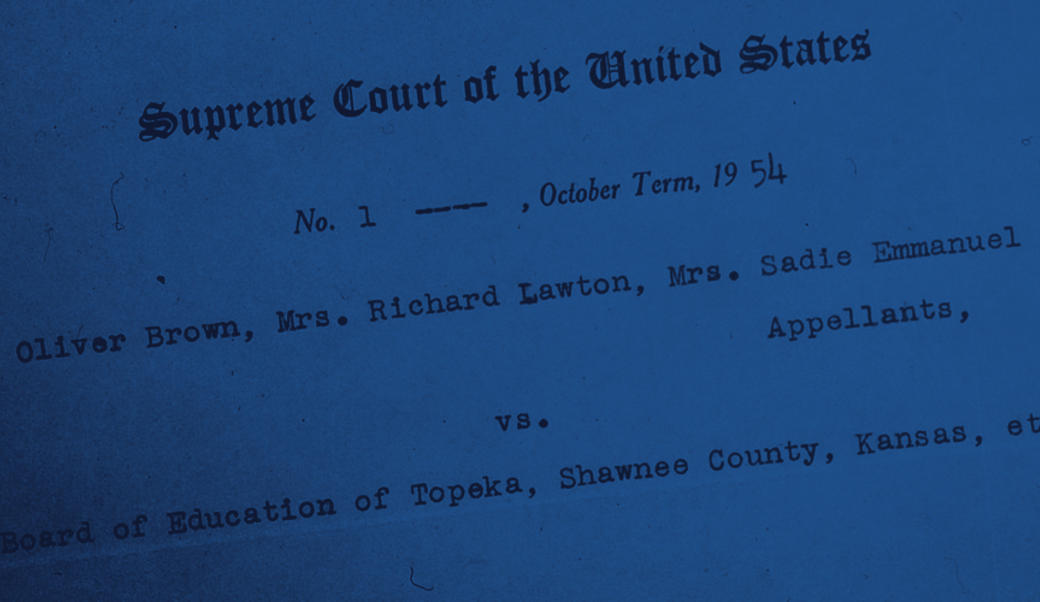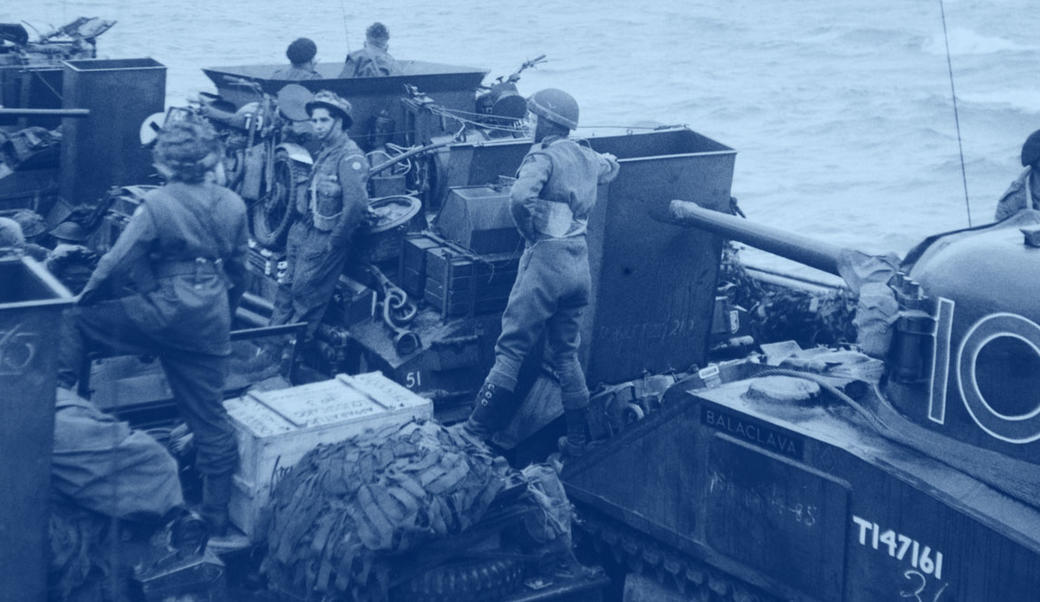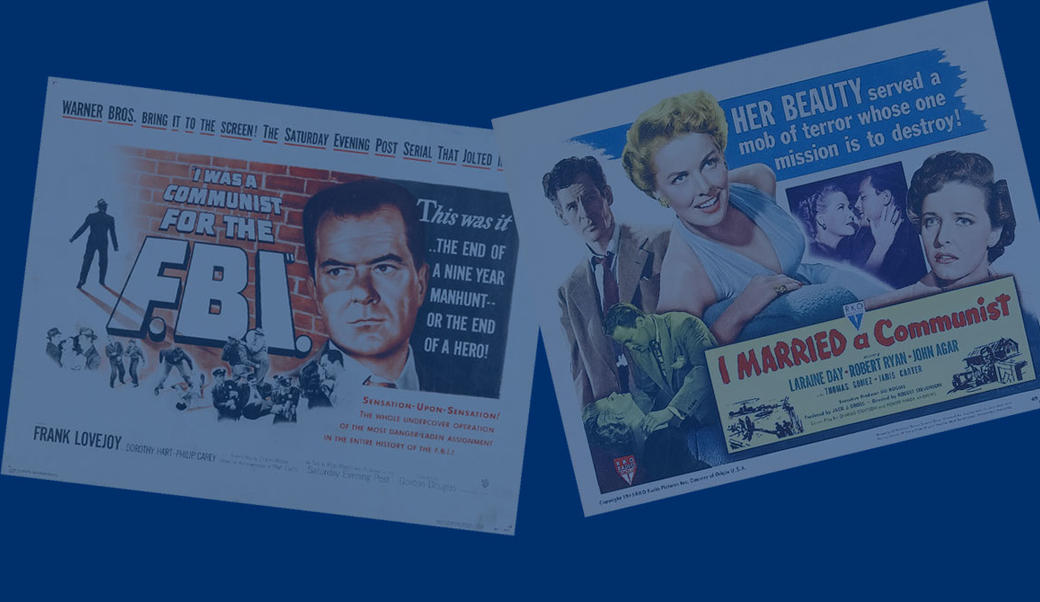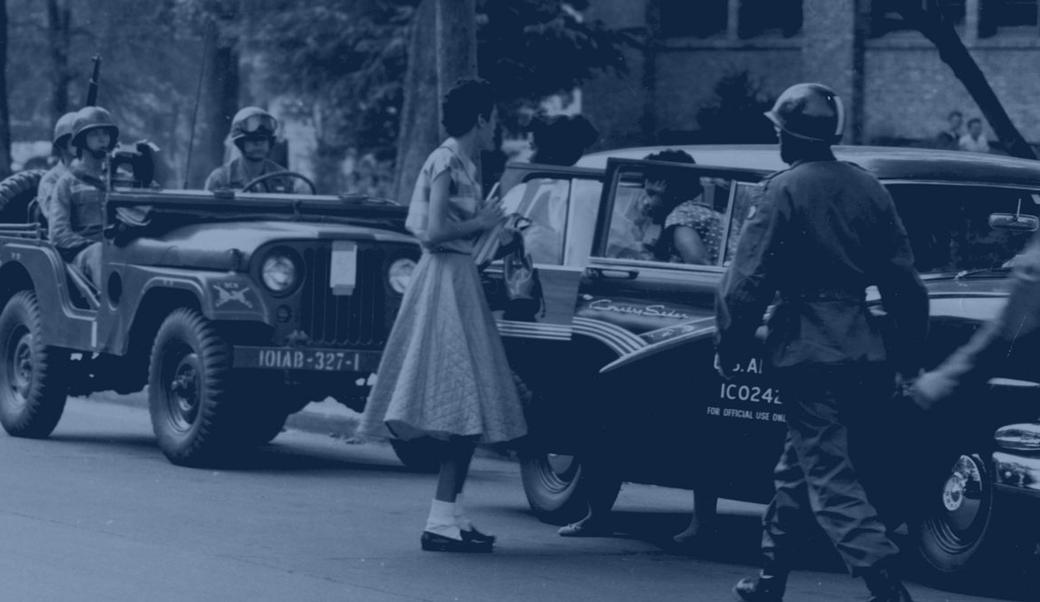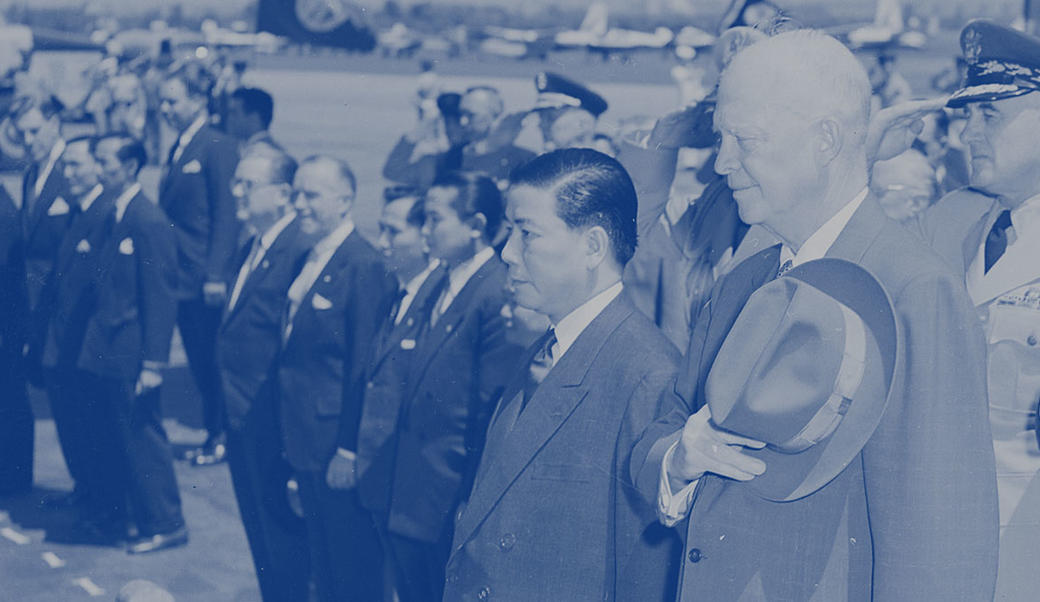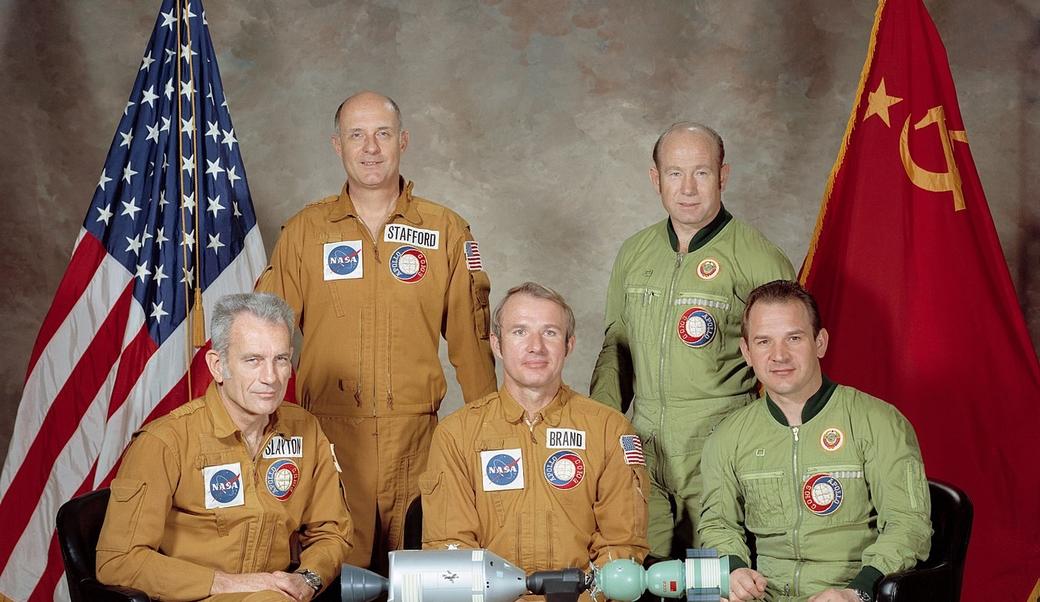Dwight D. Eisenhower: Family Life
Before he became President, Dwight D. Eisenhower had to balance family life against the obligations of military life. Duty took him to many different locations within the United States and around the world. At various times during the 1920s and 1930s, he and Mamie lived in Paris and the Panama Canal Zone, Washington, D.C., and Washington State. During their first 35 years of married life, the Eisenhowers moved more than 30 times.
They began raising a family in 1917 with the birth of a son, Doud Dwight, fondly known as "Icky." As they celebrated Christmas in Camp Meade, Maryland, in 1920, "Icky" became ill with scarlet fever, then a disease that physicians could do nothing to cure. In early January, "Icky" died. Eisenhower later wrote, "This was the greatest disappointment and disaster of my life." They had a second son, John, in 1922. Like his father, he graduated from West Point and then spent two decades in the Army, reaching the rank of lieutenant colonel. He served his father, the President, as a military aide and eventually became an accomplished military historian.
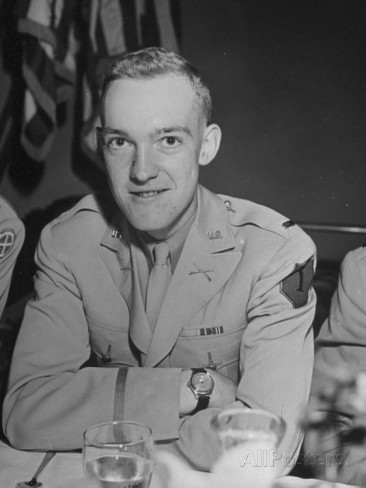
During World War II, military life imposed real hardships, as the Eisenhowers were separated almost continuously for more than three years. After eighteen months apart, they had two weeks together in January 1944, when Eisenhower returned to Washington from London to discuss preparations for the D-Day operation. More than a year later, after Germany surrendered, Eisenhower asked General George C. Marshall, the wartime chief of staff, if Mamie could join him in Europe. Marshall said no, as it would not be fair to all the other Army couples that duty had separated. The Eisenhowers had to settle for a few days together in Washington in June 1945. Not until the end of the year, when Eisenhower returned to the United States to succeed Marshall as Army chief of staff, were they finally reunited.
Those years were lonely and difficult, especially because of rumors that Eisenhower developed a romantic relationship with Kay Summersby. The British assigned Summersby as Eisenhower's driver in 1942, and she remained on his staff throughout the war. She was attractive and engaging, and she sometimes appeared in photographs with Eisenhower that Mamie would see in the newspapers. Eisenhower enjoyed her company, but he wrote frequently to Mamie that he wanted nothing more than to be together with her again.
Soon after the war, Summersby wrote a book in which she said that she had a strong but platonic relationship with her wartime boss. A quarter-century later, as she was dying of cancer, she wrote a second book, Past Forgetting, in which she claimed that she and Eisenhower had had a love affair. No other member of Eisenhower's wartime staff ever provided confirmation of Summersby's assertions.
Like millions of other Americans, the Eisenhowers overcame the strains of war by being together again. They still moved frequently—Washington, New York, and Paris—but finally enjoyed the luxury of eight years in one home—the White House. Duty once again competed with family time, but at least grandchildren were nearby after John became an aide to his father in 1958. Family life even altered official life in a small but enduring way. After the remodeling of the presidential retreat in the Maryland mountains that Franklin D. Roosevelt had called Shangri-La, Eisenhower renamed it after his grandson—Camp David.
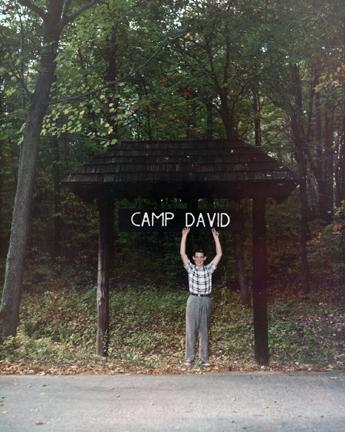
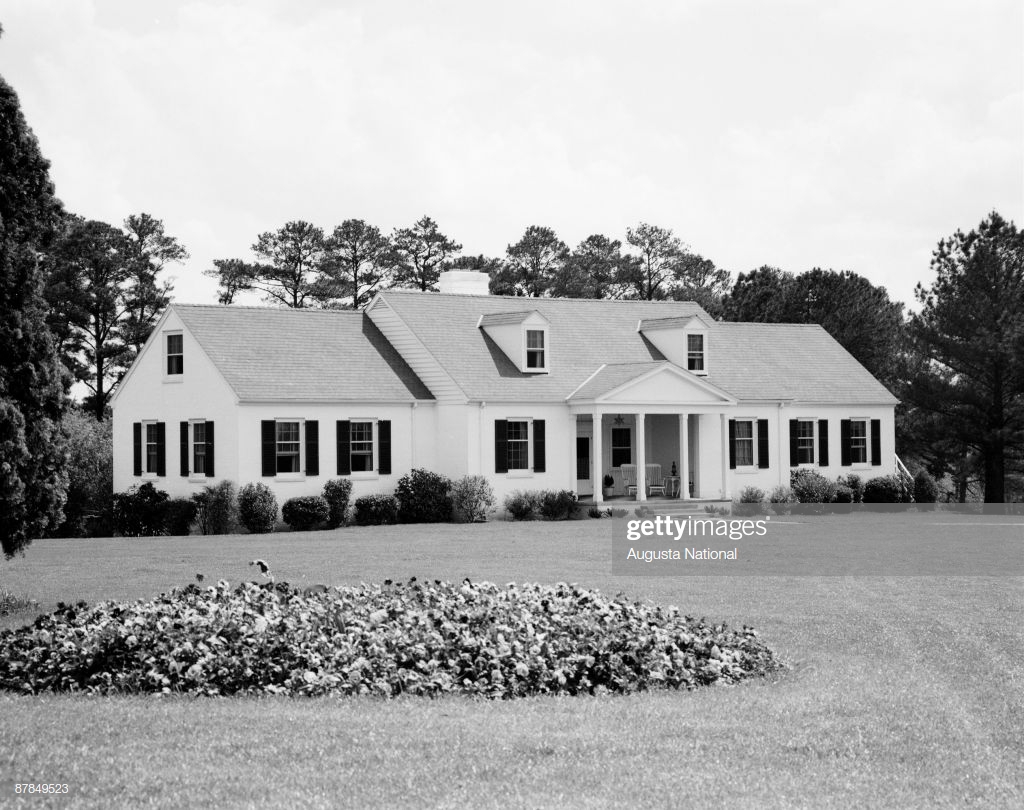
Eisenhower also enjoyed the company of a group of friends that he called "the gang." Most of the eight or nine members of "the gang" were wealthy business leaders who liked spending time with the President and making it easy for him to relax. They joined him on fishing trips to Colorado or golfing vacations to Georgia, and they came to the White House for evenings of conversation and bridge. They provided him with gifts, even helping to pay for the construction of the Eisenhower Cabin at the Augusta National Golf Club.
Sometimes Mamie joined the President on social occasions with "the gang" and their wives, but since she disliked exercise, Eisenhower often found enjoyment in what he called "stag" events, recreation that involved just him and his male companions.
Retirement provided the Eisenhowers with more time than ever before to spend together. They enjoyed those years on their Gettysburg farm as well as the travels that took them to many places in the United States and overseas. Eisenhower remained active in public life until ill health restricted his activities in the final year before his death in March 1969. But during their last eight years together, Dwight and Mamie Eisenhower at last had all the time they desired for family life.
